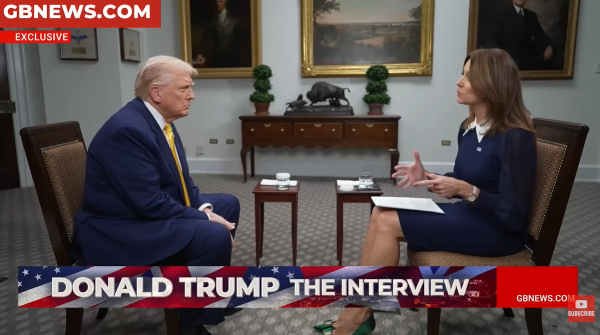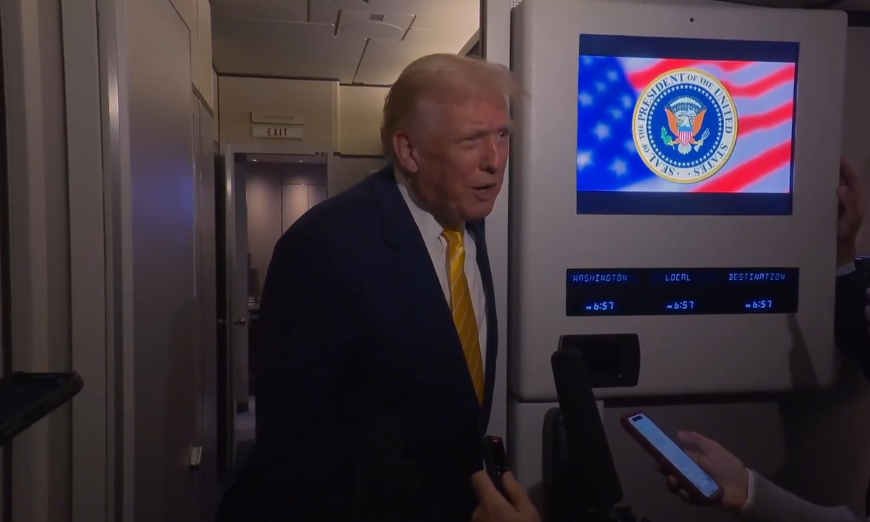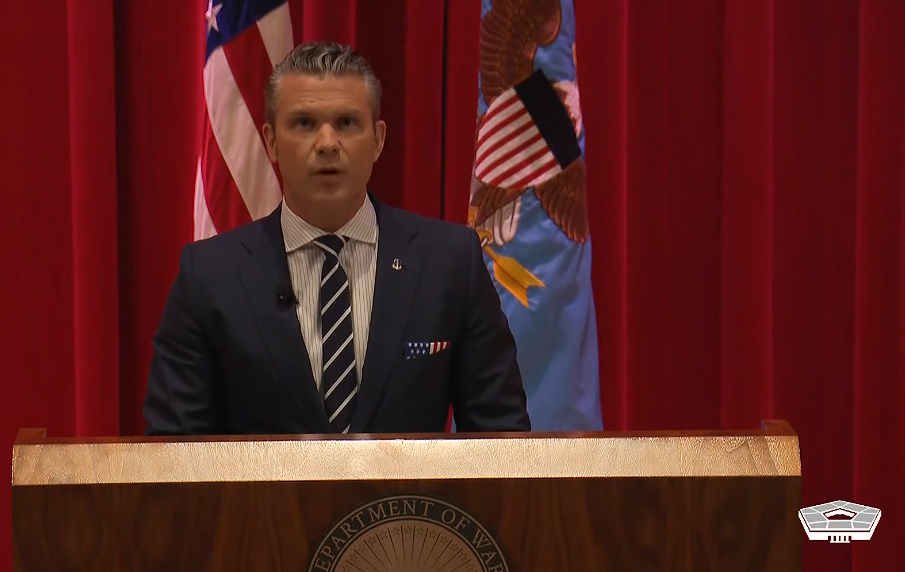Category: Politics
-

Trump at U.S.-Saudi Investment Forum: Full Breakdown of the November 19, 2025 Speech
Assistance from Claude AI. For a fact-check, click here. Executive Summary President Donald Trump addressed the U.S.-Saudi Investment Forum in Washington on November 19, 2025, announcing that Saudi Arabia has increased its investment commitment in the United States from $600 billion to $1 trillion, with $270 billion in deals being signed that day alone. Trump…
-

Analysis of Emergency Motion and Opposition in United States v. Comey
These filings reveal a prosecution facing serious questions about its integrity. A magistrate judge who reviewed all the grand jury evidence found sufficient irregularities to warrant an exception to grand jury secrecy—a high bar to clear. The government’s response focuses on procedural delays rather than substantive answers to the most damaging findings.
-
Analysis: Trump and the Press, November 18, 2025
Trump’s relationship with the press is an important issue that touches on democratic norms and the relationship between the executive branch and the press.
-
Trump and Saudi Crown Prince Mohammed bin Salman Announce $1 Trillion Investment Deal, F-35 Sales, and Defense Agreement in Wide-Ranging Oval Office Meeting
Saudi Arabia just raised its U.S. investment commitment from $600B to nearly $1 TRILLION—live, in the Oval Office—catching even Trump off guard. Also announced: F-35 sales, a defense treaty, MBS saying he wants to join the Abraham Accords, and Trump calling the Fed chair “a fool” and “a stupid man.” Plus, a heated confrontation over…
-

RFK Jr. Vows to Investigate Food Allergy Causes at FDA Forum: “We’re Going to Break the Taboos”
Assistance from Caude AI. Summary: At the FDA Food Allergy Research Forum on November 17, 2025, HHS Secretary Robert F. Kennedy Jr. announced major investigations into what he called the “malpractice” of federal agencies for failing to study why food allergies have become epidemic since 1990, while FDA Commissioner Dr. Marty Makary blamed decades of…
-

When Your Congressman Becomes Your News Curator
Representatives who consistently promote far-right news sources over legitimate conservative journalism are not serving their constituents, their party, or the national interest.
-

Donald Trump Speaks to Reporters Before Air Force One Departure on November 16, 2025
Trump unveils radical healthcare plan to bypass insurance companies with direct payments to Americans, while revealing Venezuela’s Maduro wants to talk and calling MTG “Marjorie Traitor Greene” in stunning break with once-loyal ally. The wide-ranging Air Force One gaggle covered everything from Epstein probe dismissals to Russia sanctions.
-

Trump Tells GB News: America’s “Hottest Country in the World” After 10-Month Turnaround, Pursues Billion-Dollar BBC Lawsuit
President Trump declares America has become “the hottest country in the world” just 10 months into his second term while announcing plans for a billion-dollar lawsuit against the BBC over edited footage that already forced the resignations of the network’s Director General and head of news. In an expansive White House interview with GB News,…
-

Analysis: Does Trump’s MRI Description Suggest Cognitive or Medical Red Flags?
On November 14, 2025, President Donald J. Trump answered questions about a recent medical examination that included an MRI. A transcript of the exchange is at the end of this article. The exchange raises several red-flag considerations – not a diagnosis, but signals that warrant closer scrutiny because they differ from normal medical practice, normal…
-

Donald Trump Speaks to Reporters on Board Air Force One – November 14, 2025
President Donald Trump fielded wide-ranging questions from reporters aboard Air Force One on November 14, 2025, addressing everything from newly surfaced Jeffrey Epstein emails to plans for targeted tariff rollbacks on coffee and produce, a threatened multi-billion dollar lawsuit against the BBC over allegedly edited interview footage, and his administration’s proposed replacement for Obamacare that…
-
White House Press Briefing: Government Shutdown Ending, Epstein Controversy, and Economic Policy – November 12, 2025
White House Press Secretary Karoline Leavitt announced on November 12, 2025, that the 43-day government shutdown—the longest in U.S. history—was expected to end that evening with President Trump’s signature on a clean continuing resolution passed by House Republicans. Leavitt placed full blame for the shutdown on Democrats, citing impacts including hundreds of thousands of federal…
-

Pentagon Transformation: Hegseth Announces “Department of War” Overhaul at National War College
In a speech echoing Donald Rumsfeld’s words from September 10, 2001, Defense Secretary Pete Hegseth declared war on the Pentagon’s own bureaucracy – canceling the 300-day requirements process, collapsing 3-8 year acquisition timelines to under one year, and warning defense contractors to embrace “wartime speed” or be “gone.” The transformation renames the Department of Defense…